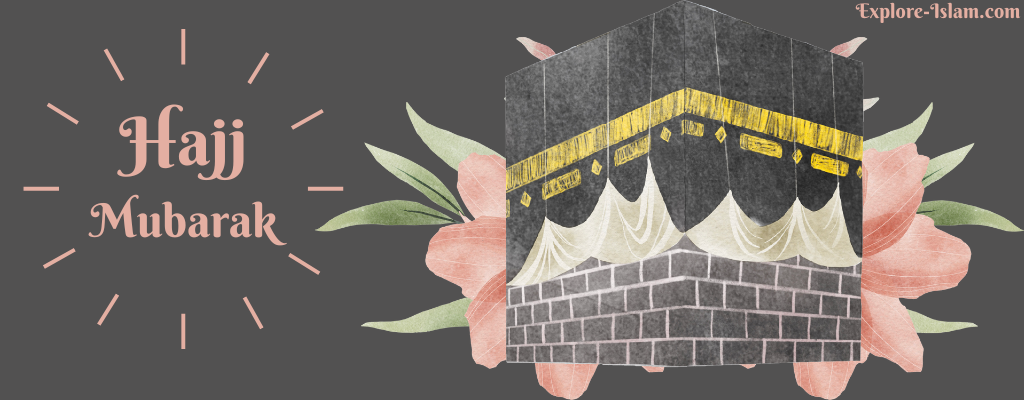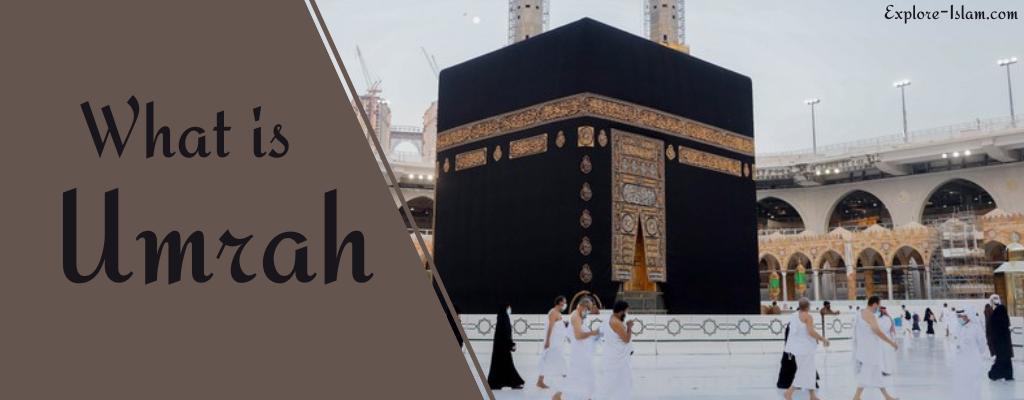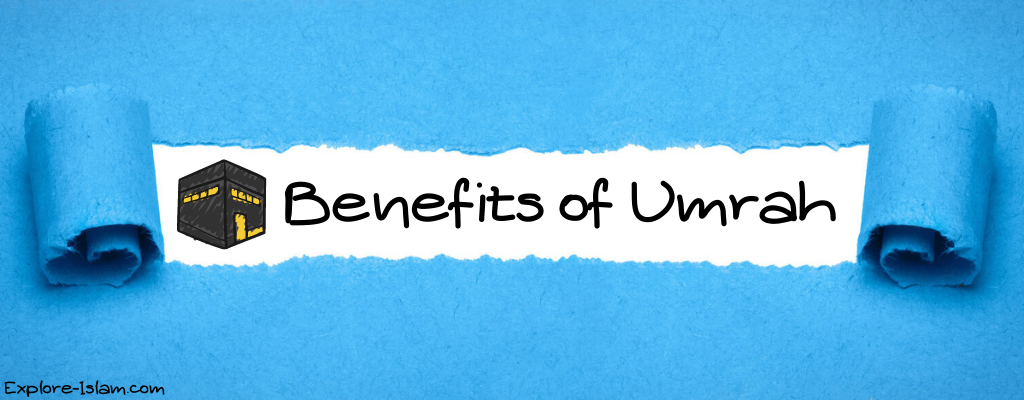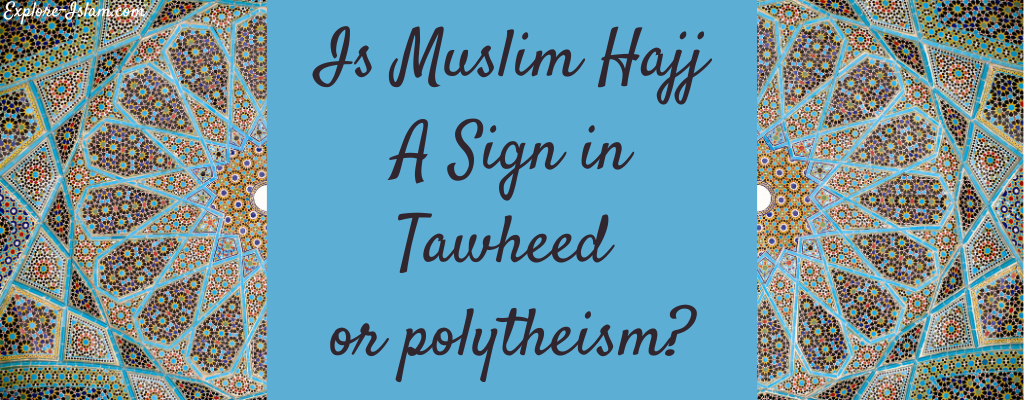Islam believes Jesus was raised to heaven and will return in the future. The Quran and Sunnah provide details about his return and actions.
Islam rejects Jesus as the son of God, focusing on the belief in one God. The Quran emphasizes this monotheistic principle.
The Quran regards Jesus as a respected prophet, not divine. Islam firmly upholds monotheism, rejecting the idea of Jesus' divinity.
The text shares inspiring quotes about women in Islam. It encourages learning from the Quran, Hadith, and companions' teachings.
Hajj Mubarak wishes are a beautiful way to congratulate returning Hajjis for completing the fifth and final pillar of Islam—Hajj. This article explores the best ways to express congratulations through Hajj Mubarak wishes and quotes, how to welcome Hajjis in accordance with Islamic teachings, and how to celebrate their divine pardon and spiritual rewards with dignity and respect.
Preparing for the Places To Visit In Makkah And Madinah During Hajj And Umrah is the best way to get the full experience on your travel to Makkah and Madinah. Pack Your Bag For a Spiritual Journey!
Embarking on the journey of Hajj is more than just fulfilling a religious duty—it’s a transformative experience that connects millions of hearts in a shared quest for spiritual renewal. By embracing the recommended practices of Prophet Muhammad (peace be upon him), pilgrims don’t just complete rituals—they walk a path rich with meaning, devotion, and timeless wisdom. Discover how these Sunnah acts deepen the soul’s connection, turning every step into a powerful moment of faith and reflection.
Wondering where do Muslims go during Hajj and what this sacred pilgrimage involves? Each year, millions of Muslims travel to Mecca, Saudi Arabia, to perform Hajj—one of the Five Pillars of Islam. This spiritual journey includes specific rituals, deep devotion, and powerful acts of worship that reflect the heart of Islamic faith.
You may have heard the term "Umrah" from the mouth of Muslims or people interested in Islam and curious to find an answer to the question: What is Umrah? This article explores the definition of Umrah, its purpose, the steps involved, how it’s performed by women, the common supplications recited, and how long it typically takes.
Umrah is a form of worship in Islam that has several benefits. In this article, we will list six different benefits of Umrah.
Learn All about Umrah and how to perform Umrah in Islam. Umrah contains certain acts of obedience to Allah’s forgiveness. Learn More!
Hajj is one of the greatest expressions of Tawheed (monotheism) in Islam—a journey that begins with inner sincerity and manifests in outward devotion. From its intention to its destination, rituals, and supplications, every part of Hajj declares the oneness of Allah and the rejection of all forms of polytheism. For those asking, “Is Muslim Hajj a sign of Tawheed or polytheism?”, the answer lies in the essence of Hajj itself: it is a living testimony of pure monotheism.












